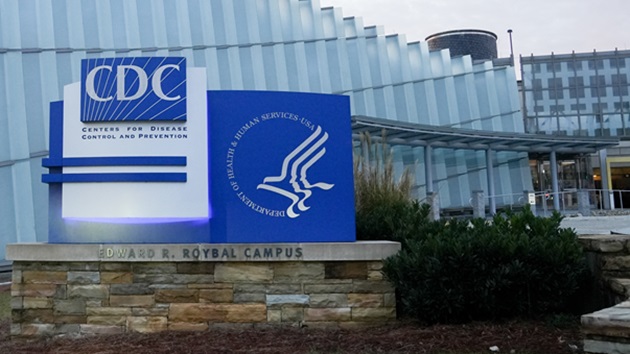Understanding diet, nutritional needs while on weight loss drugs
Written by ABC Audio All Rights Reserved on May 30, 2024

(NEW YORK) — Popular weight loss drugs like Wegovy and Ozempic have changed the way many Americans are eating and as people taking these medications reassess their relationship with food, diet experts are offering helpful nutritional tips to add to your wellness plate.
Registered Dietitian Maya Feller spoke with ABC News’ Good Morning America about the intricacies of a proper diet and what to consider when taking a semaglutide, the active ingredient in those GLP-1 receptor agonist medications.
“People on this medication should think about the nutrient density of their foods,” she explained. “With a decreased intake, the nutritional value of a food becomes very important. Creating a balanced plate that includes protein, veggies and a starch helps give the body what it needs. Food should be consumed based on current health, and individual likes and dislikes.”
Nestle recently announced a new line of frozen meals that have been specifically designed to meet nutritional needs of those on GLP-1 weight loss drugs.
For Feller though, there are practical steps people can take without opting for specialty items, such as implementing a baseline of ingredients packed with the nutrition dieters may need.
“The weight loss drugs produce rapid and significant weight loss for some, along with decreased hunger and early satiety,” she said of people who lose their appetite or feel full sooner. “The rapid and significant weight loss can also induce unification loss of lean body mass.”
What foods to eat on GLP-1 weight loss medications
“People should be sure to eat sufficient amounts of high quality protein to support the rapid weight loss and loss of lean body mass,” she suggested. “In addition, fiber coming from vegetables, fruits, beans, root vegetables and ancient grains like fonio, millet, quinoa, as well as being mindful of hydration.”
As with any shift in diet and lifestyle, be sure to consult a primary care physician before making any drastic changes.
“A multivitamin may be indicated to bridge the nutrient gap that results from eating less,” Feller added.
How portion sizes may fluctuate while on weight loss medications
“Portion size will vary by person,” Feller said. “Some people may be able to tolerate half an apple with nut butter as a snack, while others will experience early satiety from [a glass of] water.”
As a result, Feller said people should take this as “an opportunity to listen to your body.”
“The medications work faster than behavior change, so people might be surprised by the change in what and how much they can eat,” she said.
Emphasis on specific nutrients
The Brooklyn-based nutritionist and Eating from Our Roots cookbook author explained that there may be indications for some of a “limited ability to eat protein fortified foods.”
So where she said “I would regularly recommend a plate that has three to four ounces of protein, plus six ounces of a non starchy vegetable and three ounces of starch,” that while “on these medications, many are unable to consume a balanced plate.”
“The recommendation may change to a vitamin and mineral enriched protein smoothie, plus a scrambled egg with one ounce of veggies,” Feller said.
Concerns with popular weight loss drugs and impact on diet
Feller’s concern with these medications is that she’s seen “people taking them without proper medical oversight.” And as a result, when someone on these medications, “they are not being taken care of by a RD, so are likely missing key nutrients that can be harmful in the long run.”
“What we eat is hugely important, and in the case of this class of medications, the stakes are even higher,” she said. “The nutrient density of meals inform of gut health, head health, bone health, brain health and more.”
Copyright © 2024, ABC Audio. All rights reserved.

 KVSP
KVSP 





